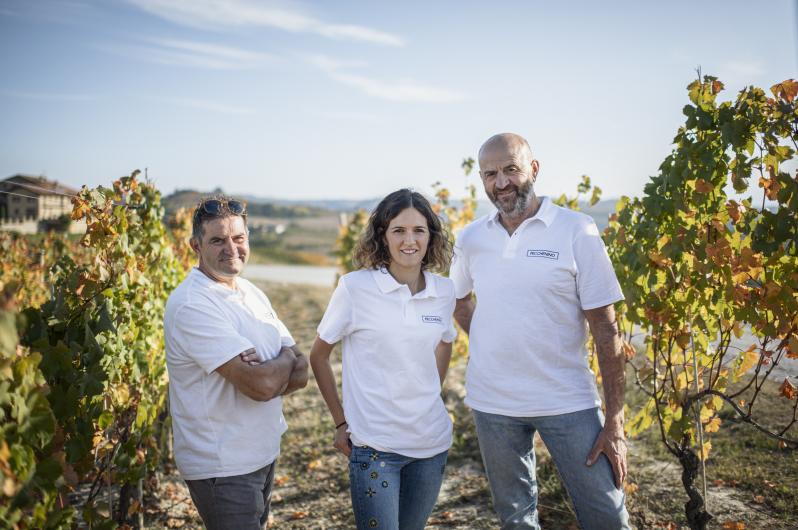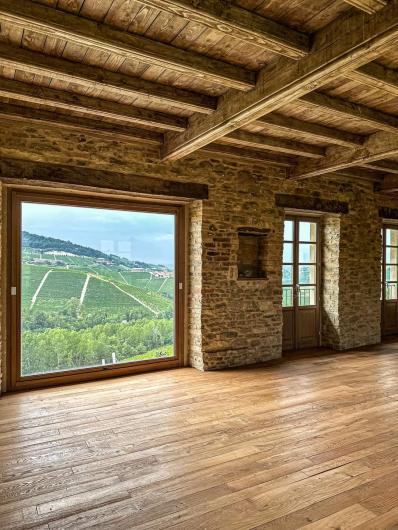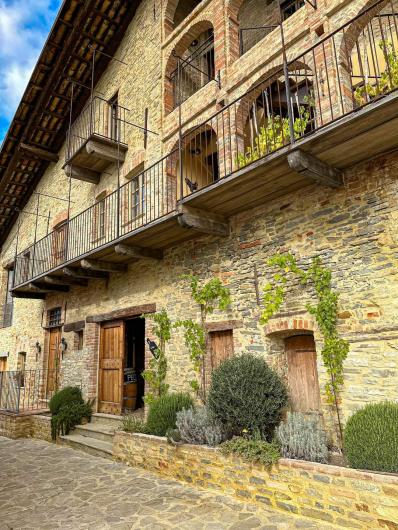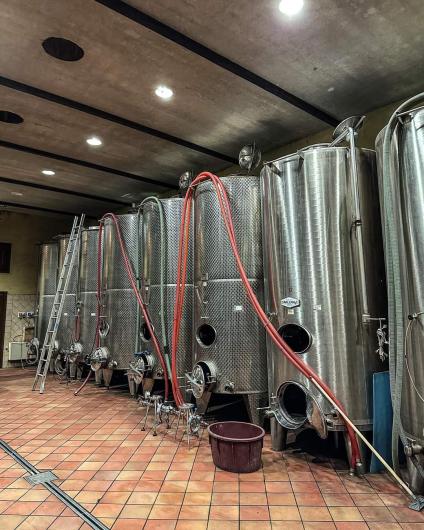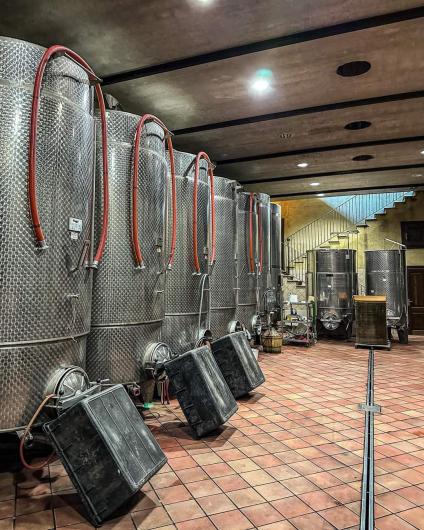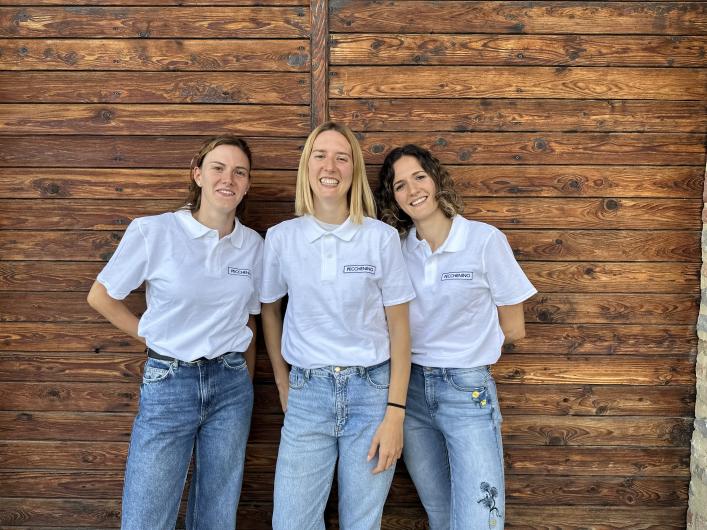Pecchenino Langhe Chardonnay Maestro

Wine Description
This 100% Chardonnay is cultivated in vineyards located in the Bossolasco area of the Alta Langa where the soil is rich with limestone and white clay. With pain-staking attention to detail in the vineyards, the grapes are top quality. The wine undergoes natural fermentation for a true-to-terroir style, followed by aging on the lees in a combination of stainless steel and barrique.
 Acclaim
Acclaim
 Vineyard & Production Info
Vineyard & Production Info
 Winemaking & Aging
Winemaking & Aging
 Analytical Data
Analytical Data
 Wine Production
Wine Production
Langhe Chardonnay Maestro comes from vineyards located in the municipality of Bossolasco at an altitude of 700 metres, in the area known as Alta Langa. The training system is guyot and the average density per hectare is 5500 plants. The vineyard faces south-east and stands on a medium-textured soil with a good presence of limestone and white clay. After harvesting, the boxed grapes are cooled to 12°C in the cellar. This is followed by soft pressing and natural decanting of the must. Fermentation takes place in steel at a temperature of about 16°C.
Ageing: on the fine lees, partly in steel tanks, partly in barriques until bottling.


